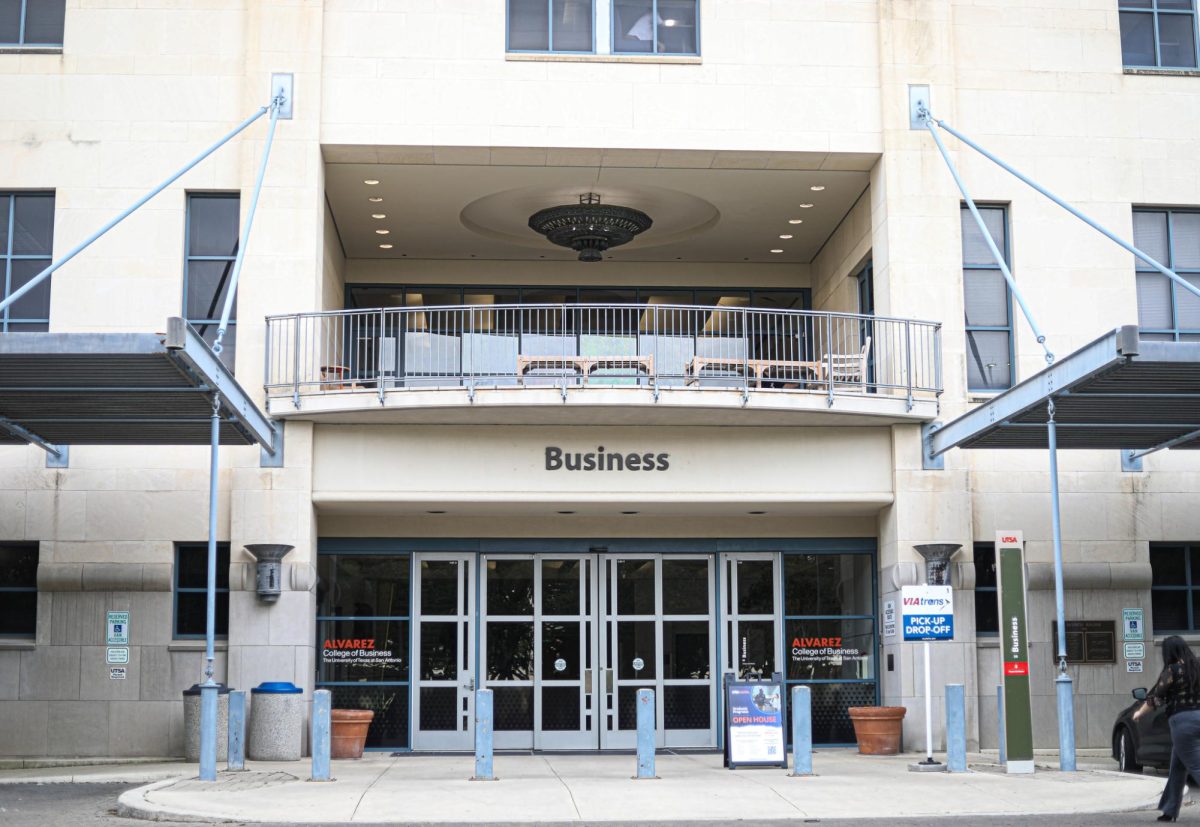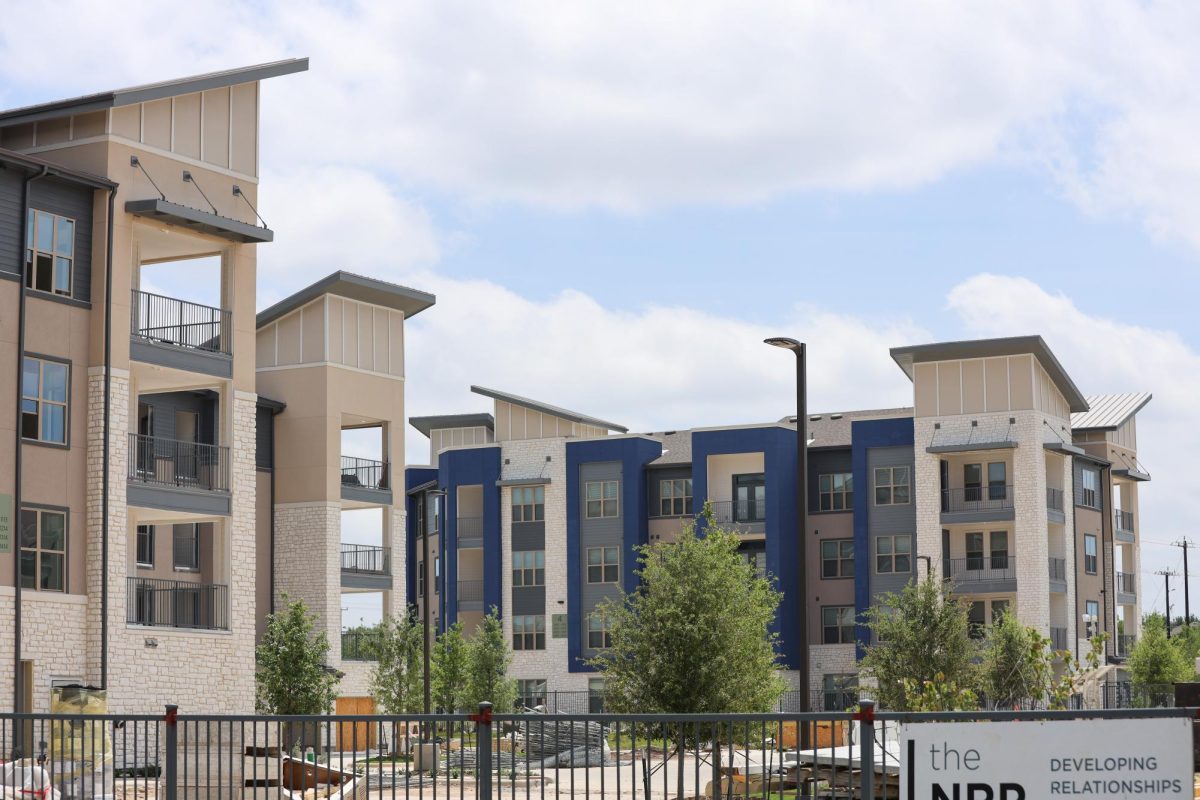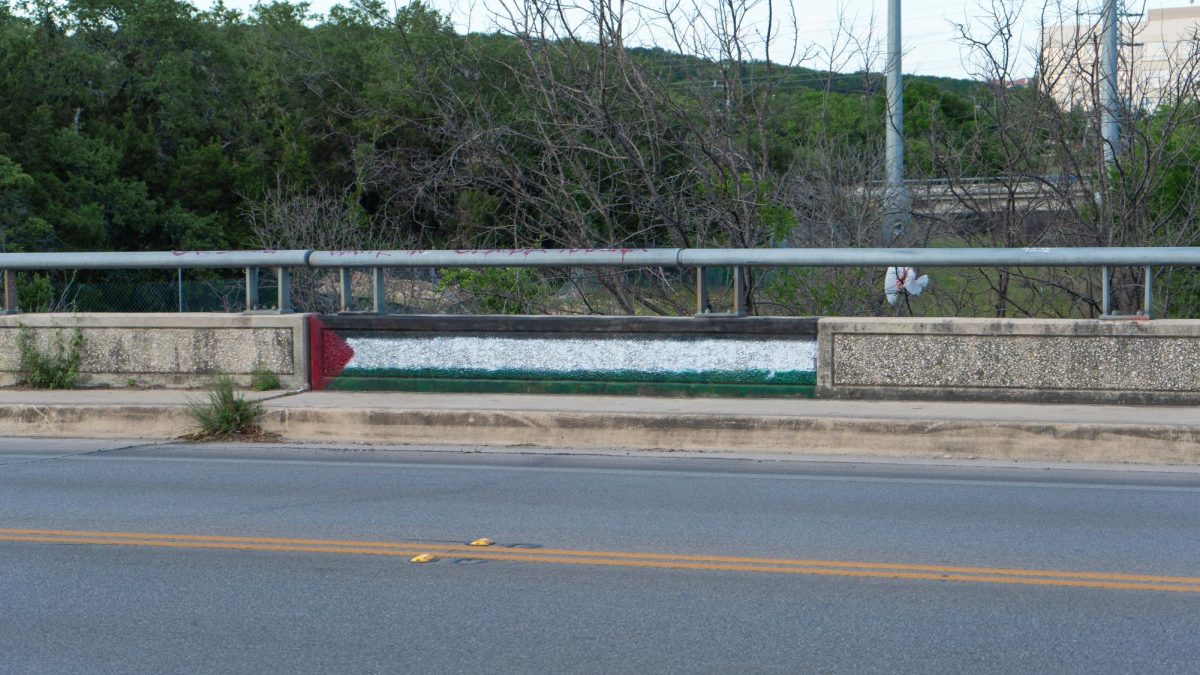_community_college__gallery.jpg)
Marcus Connolly, The Paisano
Eric Johnson (D-Dallas) has filed House Bill 3384, potentially granting the top 10 percent of community college students automatic acceptance at Texas public universities.
“We know high-performing community college students do well after transferring to a four-year university, and Texas will prosper by having more of them do so,” said Rep. Johnson.
HB 3384 would allow students who “enrolled in a public junior college and completed at least 60 semester credit hours with a cumulative grade point average in the top 10 percent of cumulative grade point averages for all students of the public junior college who completed at least 60 semester credit hours at the public junior college” automatic admission to general academic teaching institutions.
“I was actually in one of those situations, but at that time they didn’t have (this potential) top ten rule,” said UTSA senior Phillip Valladolid. “I was admitted to UT but I started at a community college for financial circumstances, but if they did have this option, I would take advantage of it.”
The bill comes as an alternative to the existing HB 588, which allows Texas high school students who graduated in the top 10 percent of their class automatic admission to any public Texas university. HB 588’s intent was to combat the 1996 Hopwood v. Texas decision barring Texas universities from considering race as a factor during the admission process.
Despite HB 588’s attempt at equalizing admission critera, UT Austin argued the top ten percent rule restricted its power to admit students outside the 10 percent standard; consequently, the legislature passed SB 175, allowing UT Austin’s automatic admissions standard to apply toward those students who graduated in the top eight percent and capping admission under this rule at 75 percent.
“It could affect the quality of education because students could have the opportunity to just go to a smaller school, and it is possible they could select a school they know is easier,” said UTSA Sophomore Andrew Sposato. “It’s tough to quantify the problems, (but) reasonably, it would create diversity; it would give people a second chance to try harder to get admission if they didn’t get right out of high school. I can see the positive in it — it’s pretty cool.”
HB 3384, however, has potential to provide those students — primarily minority students such as Hispanics and African Americans — who cannot afford the cost of a four-year university, a promising outlet to Texas public universities. The 2014 Texas Higher Education data shows that Hispanics account for 39.8 percent of the community college population while African Americans account for 14.2 percent, giving some indication that the bill may assist lower income households.
“Community college degree programs offer a critical opportunity at a better life,” Rep. Johnson said. “But many young Texans don’t even consider pursuing a four-year degree either because they have under-performed in high school or they don’t have many friends or family who have gone to a four-year institution. This bill offers a simple deal: work hard and do well in community college, and there will be a spot for you at a Texas public university.”











